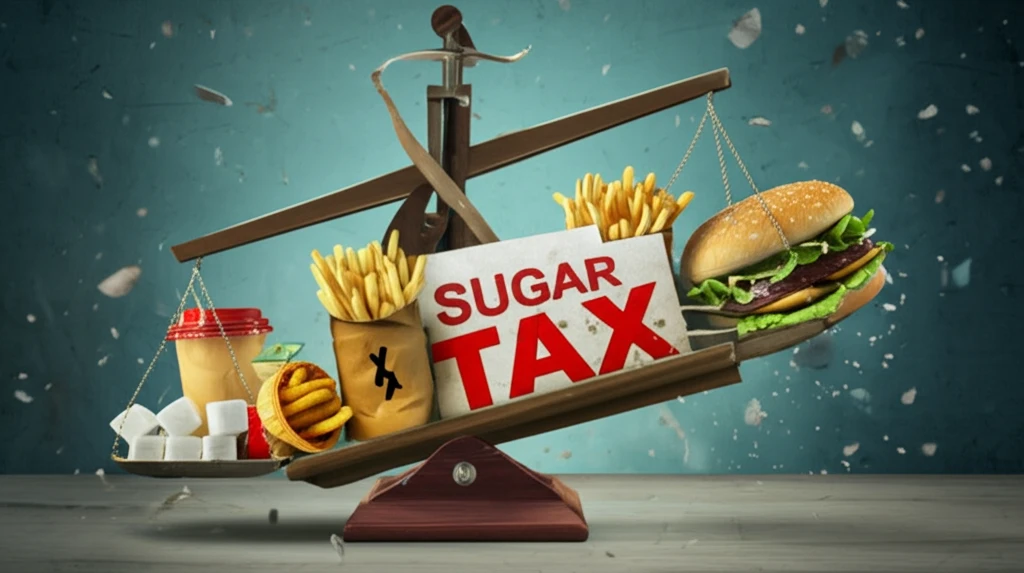
Is Sugar Tax the Sweet Solution? Experts Weigh In on Improving the Nation's Health
"Chief Medical Officer urges broader sugar and salt taxes to combat chronic diseases and boost public health. Is it the right prescription?"
The UK government is facing increasing pressure to expand its current tax on sugary drinks to include a wider range of foods high in sugar, salt, and trans fats. This call to action comes directly from England's chief medical officer, who believes such measures are crucial for tackling preventable diseases.
According to a recent report, ministers are also considering extending the existing soft drinks industry levy to sweetened milk-based beverages and imposing an outright ban on added salt and sugar in baby foods. These proposed changes reflect a growing concern over the impact of unhealthy diets on public health.
The report outlines an ambitious goal to create a healthier England by 2040, emphasizing the need to address five key preventable factors that contribute to chronic diseases and cancers: poor diet, smoking, physical inactivity, alcohol consumption, and air pollution.
The Argument for Fiscal Measures: Can Taxes Really Change Eating Habits?

Chief Medical Officer Sally Davies argues that the UK government should implement fiscal measures to disincentivize the consumption of foods high in sugar and salt. She suggests using the extra tax revenue to subsidize the sales of fruits and vegetables, making healthier options more accessible and affordable.
- Proven Reduction: Evidence suggests that taxes on sugary drinks have led to a decrease in their consumption.
- Revenue Potential: Increased tax revenue could be used to subsidize healthier food options.
- Industry Impact: Taxes can incentivize the food industry to reformulate products with lower sugar and salt content.
Looking Ahead: A Healthier Future for the Nation
To achieve better and more equitable health in the next 20 years, Davies believes that health should be repositioned as one of the primary assets of the nation, contributing to both the economy and happiness. She calls for a composite health index to be established and tracked alongside gross domestic product, including health outcome measures, modifiable risk factors, and the social determinants of health.
